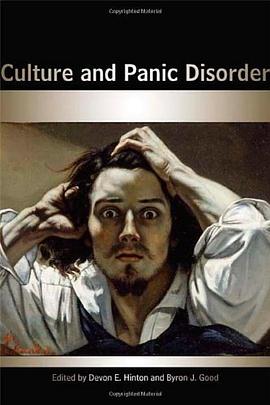

具体描述
Unhampered by the practical limits lawyers and judges face, literature expresses the unspoken sentiments that underpin legal doctrine. Through readings of Virginia Woolf, Rebecca West, and Hannah Arendt, as well as legal opinions and treatises, this book considers both law and literature as necessary complements in the efforts to take responsibility for the loss and damage inflicted by war. Ravit Reichman expertly charts the terrain that underwrites the law, proposing that the traumas, anxieties, and hopes that shape a culture's relationship to justice are realized in more than practical legal terms alone. Between the world wars, traditional notions of responsibility proved inadequate to address postwar trauma. Legal changes, following changes in literary language, placed new demands on writers to tell the story of law's response to wartime atrocities, and literature began to encourage readers to imagine the world not as it is, but as it ought to be. Our understanding of concepts such as Crimes Against Humanity or Crimes Against the Jewish People is a legacy of modernism's relationship to narrative and subjectivity. "The Affective Life of Law" examines the inheritance of this legacy.
作者简介
目录信息
读后感
评分
评分
评分
评分
用户评价
相关图书
本站所有内容均为互联网搜索引擎提供的公开搜索信息,本站不存储任何数据与内容,任何内容与数据均与本站无关,如有需要请联系相关搜索引擎包括但不限于百度,google,bing,sogou 等
© 2026 book.wenda123.org All Rights Reserved. 图书目录大全 版权所有




















